The Influence of Ancient Greek Religion on Western Civilization
The influence of ancient Greek religion on Western civilization is profound and far-reaching, shaping the very core of our societal values and cultural identity. The religious beliefs and practices of the ancient Greeks have left a lasting legacy that continues to resonate in contemporary society, influencing art, philosophy, governance, and various aspects of our daily lives.
Ancient Greek religion laid the foundation for the development of Western civilization, with its origins deeply rooted in the worship of a diverse pantheon of gods and goddesses. The Greeks believed in a multitude of deities, each with unique powers and personalities, influencing different facets of human life and society.
The rituals and festivals in ancient Greece were not merely religious ceremonies but essential components of daily life, fostering community cohesion and reinforcing devotion to the gods. Sacrifices, ceremonies, and festivals played a significant role in expressing reverence and seeking divine favor.
One of the most mystical and revered practices in ancient Greece was the Oracle of Delphi, where priestesses delivered prophecies believed to be inspired by the god Apollo. The prophecies from Delphi held immense sway over political decisions and personal choices, shaping the course of events in ancient Greek society.
Ancient Greek philosophy intersected with religion, as renowned thinkers like Socrates, Plato, and Aristotle questioned traditional beliefs and delved into the nature of the divine. Their philosophical inquiries challenged prevailing notions and paved the way for intellectual exploration.
The influence of Greek religion extended to the realm of art and architecture, inspiring the creation of magnificent temples, sculptures, and artworks dedicated to the gods. Greek religious beliefs were intricately woven into artistic expressions, reflecting a deep reverence for the divine.
Even in modern society, the legacy of ancient Greek religion endures, evident in the continued exploration of Greek myths in literature, art, and philosophy. The enduring impact of Greek religion on Western civilization serves as a testament to the enduring power of ancient beliefs and practices.
Comparatively analyzing ancient Greek religious practices with modern beliefs reveals both similarities and differences in how spirituality and faith have evolved over time in Western civilization. While the forms of worship may have transformed, the fundamental questions about the divine and human existence remain timeless.
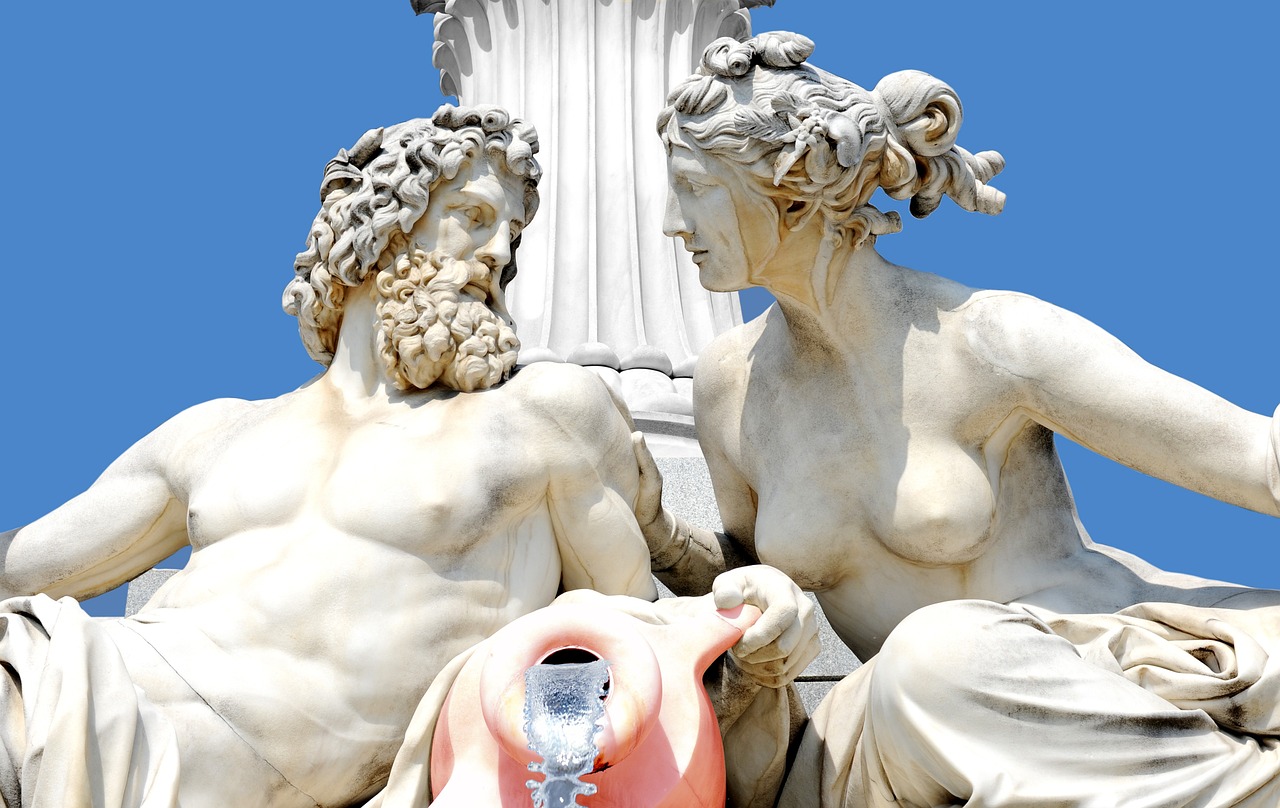
Origins of Ancient Greek Religion
Exploring the impact of ancient Greek religious beliefs and practices on the development of Western civilization, shaping art, philosophy, governance, and societal values that continue to resonate in contemporary society.
The origins of ancient Greek religion can be traced back to the prehistoric period when various tribes and communities in Greece worshipped a multitude of deities associated with natural elements and phenomena. These early beliefs evolved over time, leading to the establishment of a complex pantheon of gods and goddesses that played crucial roles in shaping Greek culture and society.
Central to ancient Greek religion was the concept of anthropomorphism, where deities were depicted in human form with distinct personalities, emotions, and powers. This anthropomorphic representation of gods and goddesses allowed the ancient Greeks to relate to and understand the divine forces that governed their world.
The worship of these gods and goddesses was not confined to temples or designated sacred spaces but permeated every aspect of daily life in ancient Greece. From household rituals honoring household deities to grand festivals celebrating major gods like Zeus and Athena, religious practices were deeply intertwined with social, political, and cultural spheres.
Moreover, the ancient Greeks believed in the importance of maintaining harmonious relationships with the divine realm through offerings, prayers, and rituals. These practices served as a means of seeking divine favor, protection, and guidance in various endeavors, reflecting the interconnectedness of the human and divine realms in Greek religious thought.
As Greek city-states emerged and flourished, religious practices became integral to communal identity and cohesion, with each polis often having its own patron deity and unique religious customs. The rich tapestry of ancient Greek religion not only influenced individual beliefs and behaviors but also shaped the collective consciousness of Greek society, laying the foundation for the enduring legacy of Greek religious traditions in Western civilization.

Pantheon of Greek Gods and Goddesses
The ancient Greek pantheon was a complex and diverse collection of gods and goddesses, each with their own unique characteristics and domains of influence. At the head of the pantheon was Zeus, the powerful god of the sky and thunder, known for his authority and role as the ruler of the gods. Athena, the goddess of wisdom and warfare, embodied strategic thinking and courage, while Apollo, the god of light and music, represented harmony and creativity.
Other notable deities included Aphrodite, the goddess of love and beauty, who symbolized desire and passion, and Poseidon, the god of the sea, who controlled the waters and earthquakes. Each god and goddess played a specific role in the lives of the ancient Greeks, influencing various aspects of human existence from love and war to nature and the arts.
While the pantheon consisted of major gods and goddesses, there were also minor deities like Hermes, the messenger god, and Hestia, the goddess of the hearth, who were revered for their specific functions in daily life. The intricate relationships and interactions among the Greek gods and goddesses reflected the complexities of human experience and the interconnectedness of the natural world.
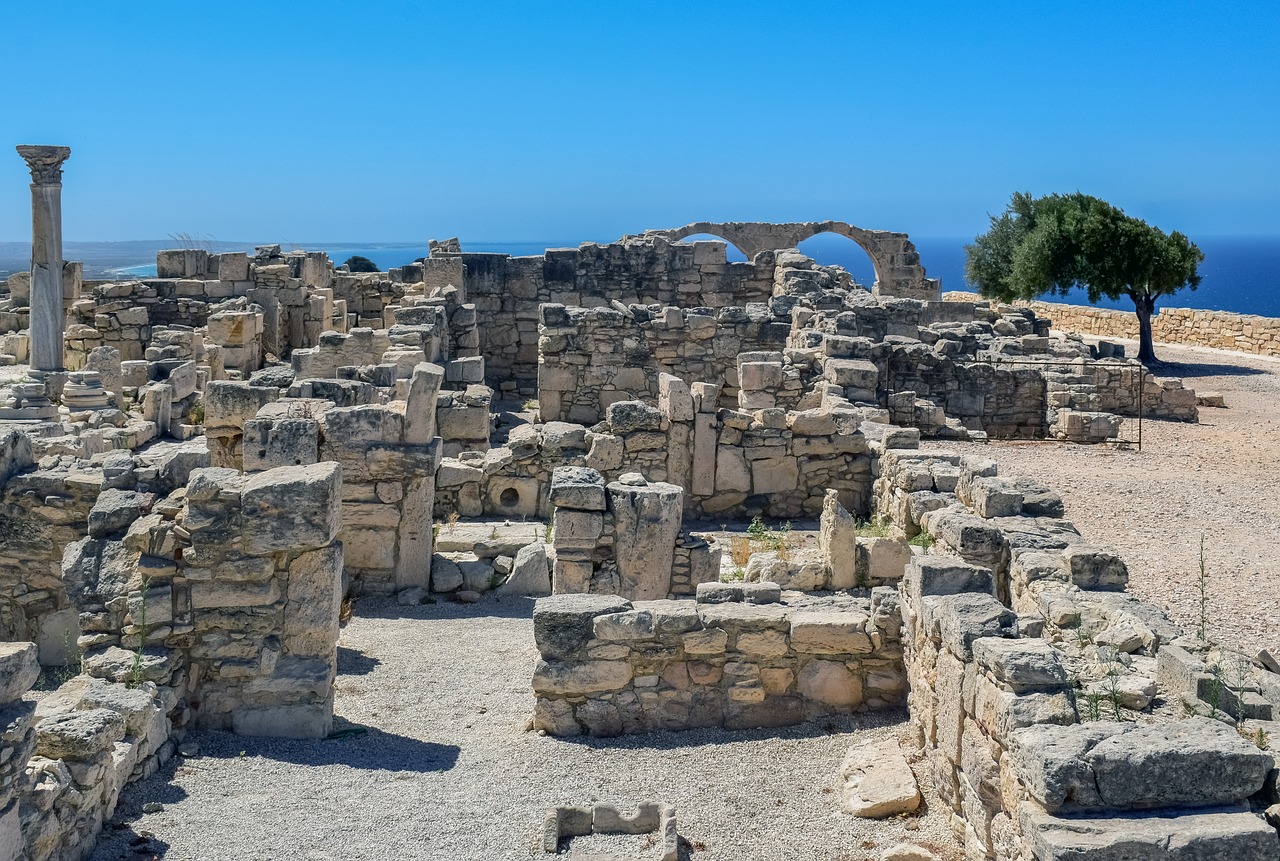
Rituals and Festivals in Ancient Greece
The ancient Greek civilization was deeply intertwined with religious beliefs and practices, with rituals and festivals playing a significant role in the daily lives of its people. These religious ceremonies were not just about worshipping the gods but also served as a means of fostering community cohesion and expressing devotion to the divine entities believed to govern various aspects of life.
One of the most notable rituals in ancient Greece was the practice of animal sacrifices, where offerings were made to the gods as a sign of reverence and seeking favor. These sacrifices were often accompanied by prayers and rituals performed by priests or individuals seeking divine intervention in their lives.
Furthermore, festivals held in honor of specific gods and goddesses were a common occurrence in ancient Greece. These festivals were marked by feasting, music, dance, and theatrical performances, all aimed at celebrating and paying homage to the deities believed to influence different aspects of human existence.
For example, the festival of Dionysia, dedicated to the god Dionysus, involved dramatic performances and revelry, reflecting the god's association with wine, fertility, and ecstasy. Similarly, the Panathenaea festival, in honor of the goddess Athena, included athletic competitions, processions, and sacrifices, showcasing the importance of the patron deity of Athens in the city's religious and civic life.
Moreover, religious rituals were not confined to specific occasions but permeated various aspects of daily life in ancient Greece. From household rituals performed to honor household gods to state-sponsored ceremonies held to seek divine guidance in times of war or crisis, religion was an integral part of Greek society.
Overall, rituals and festivals in ancient Greece served as a means of connecting the mortal world with the divine realm, reinforcing social bonds, and affirming the importance of the gods in shaping human destiny.

Oracle of Delphi
The Oracle of Delphi, located in the sanctuary of the Greek god Apollo, was a revered institution in ancient Greece. The Oracle was a priestess known as the Pythia, who served as a conduit for the divine will of Apollo. Seeking guidance and prophecy, individuals from all walks of life, including kings and commoners, made pilgrimages to Delphi to consult the Oracle.
Upon arriving at the sacred site, visitors would undergo a series of rituals and offerings before presenting their questions to the Pythia. The priestess, in a trance-like state induced by vapors rising from the earth, would deliver enigmatic prophecies in response. These cryptic messages were open to interpretation and often influenced major decisions in politics, warfare, and personal matters.
The Oracle of Delphi held immense political sway, with city-states and rulers relying on its insights for strategic advice. The prophecies were believed to shape the course of events and guide individuals towards favorable outcomes. The influence of the Oracle extended beyond the spiritual realm, impacting the governance and decision-making of ancient Greek society.
Visiting the Oracle of Delphi was a transformative experience, blending religious devotion with practical wisdom. The sanctuary itself was a marvel of architecture, surrounded by stunning natural beauty and imbued with a sense of mysticism. Pilgrims sought not only answers to their inquiries but also a connection to the divine and a deeper understanding of their place in the cosmos.
The legacy of the Oracle of Delphi endures as a symbol of ancient wisdom and the mysterious intersection of the human and divine. Its influence on the course of history and the shaping of individual destinies highlights the profound impact of religious institutions in shaping the beliefs and actions of civilizations throughout time.
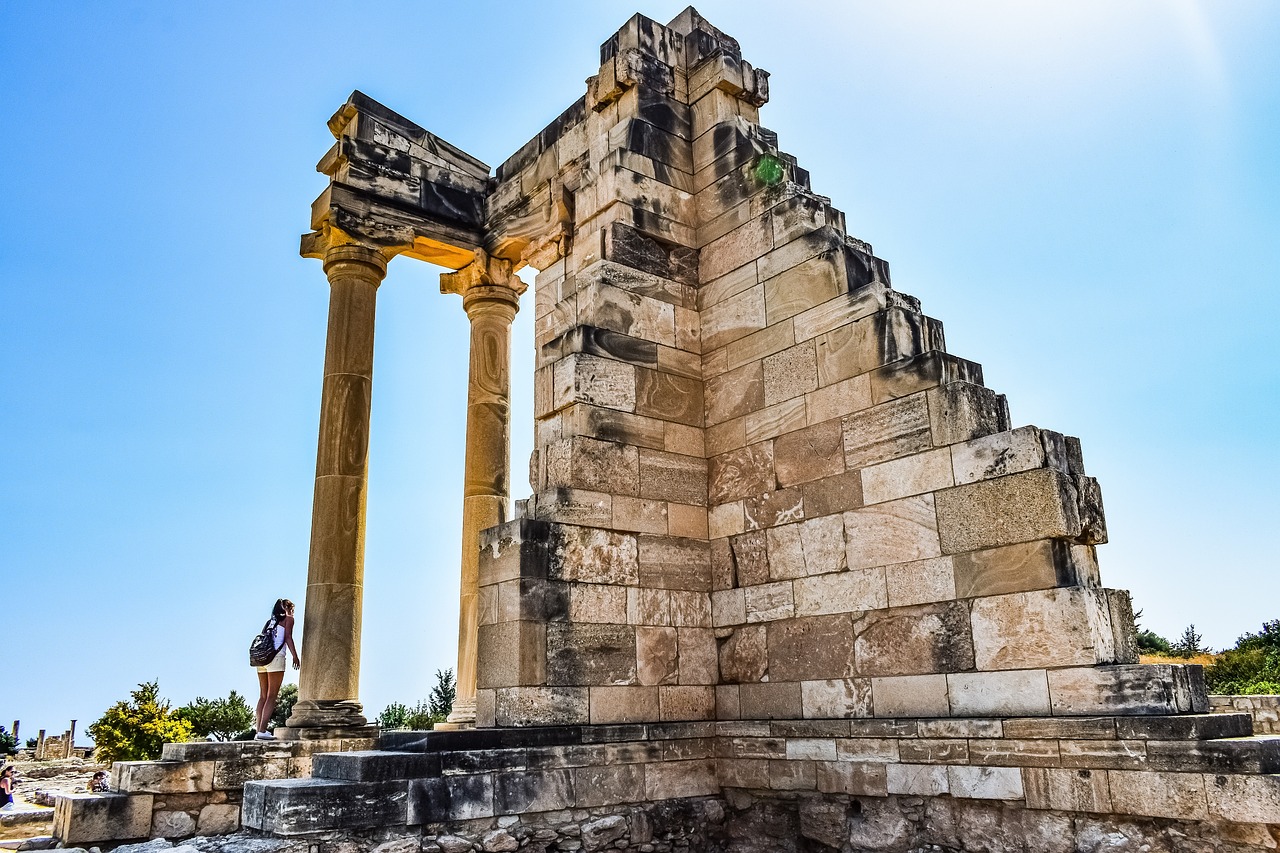
Ancient Greek Philosophy and Religion
When delving into the realm of ancient Greek philosophy and religion, one cannot ignore the profound influence these intertwined aspects had on shaping the intellectual landscape of Western civilization. In ancient Greece, philosophical inquiry was not separate from religious beliefs; rather, it was deeply intertwined with the spiritual fabric of society. Visionaries like Socrates, Plato, and Aristotle embarked on a quest to unravel the mysteries of existence, morality, and the nature of the divine.
For the ancient Greeks, philosophy was a means of exploring fundamental questions about the universe and humanity's place within it. Socrates, known for his Socratic method of questioning, challenged conventional beliefs and encouraged critical thinking. His pupil, Plato, delved into metaphysical realms, positing the existence of ideal forms beyond the physical world. Aristotle, in turn, delved into ethics, logic, and the natural sciences, laying the groundwork for Western thought.
These philosophical giants grappled with the relationship between mortals and the divine, pondering the nature of gods and their influence on human affairs. Their inquiries often intersected with religious practices, as they sought to understand the underlying principles guiding the universe. The blending of philosophy and religion in ancient Greece gave rise to a rich tapestry of ideas that continue to echo through the corridors of academia and intellectual discourse.
Moreover, the philosophical musings of ancient Greek thinkers laid the foundation for ethical frameworks and moral principles that underpin Western civilization. Concepts such as justice, virtue, and the pursuit of knowledge were intertwined with religious beliefs, shaping the moral compass of society. The legacy of ancient Greek philosophy and religion can be seen in contemporary debates on ethics, politics, and the nature of reality.
As we reflect on the enduring legacy of ancient Greek philosophy and religion, we are reminded of the profound impact these ancient thinkers had on shaping the intellectual heritage of the Western world. Their inquiries into the nature of existence, the divine, and the human condition continue to inspire scholars, philosophers, and seekers of wisdom to this day.
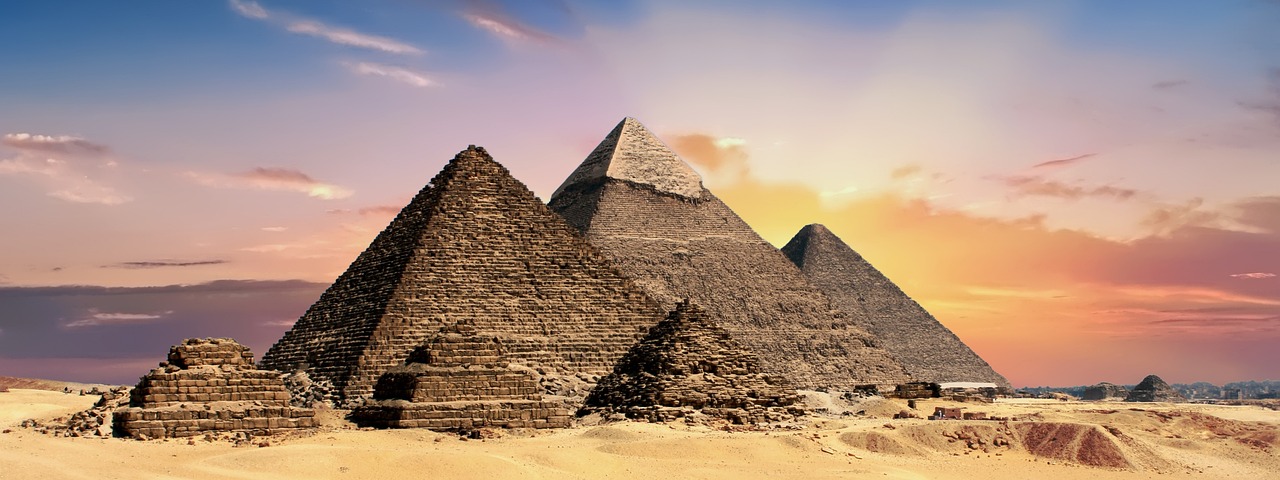
Art and Architecture Inspired by Greek Religion
Exploring the impact of ancient Greek religious beliefs and practices on the development of Western civilization, shaping art, philosophy, governance, and societal values that continue to resonate in contemporary society.
Ancient Greek religious beliefs had a profound influence on the art and architecture of the time, leading to the creation of iconic masterpieces that continue to inspire awe and admiration. The temples dedicated to various gods and goddesses served as architectural marvels, embodying the ideals of harmony, balance, and beauty that were central to Greek aesthetics.
Sculptures depicting mythological figures, such as the renowned statue of Zeus at Olympia or the Venus de Milo, showcased the skill and artistry of ancient Greek artists. These sculptures not only represented the gods and heroes of Greek mythology but also captured the essence of human emotion and expression, setting a standard for artistic realism that would endure through the ages.
Moreover, Greek architecture, with its use of columns, pediments, and friezes, reflected the religious beliefs and cultural values of the society. The Parthenon, dedicated to the goddess Athena, stands as a testament to the architectural achievements of the ancient Greeks, embodying the ideals of democracy, wisdom, and artistic perfection.
The influence of Greek religious art and architecture can be seen in various forms across Western civilization, from the neoclassical buildings of the 18th and 19th centuries to the modern interpretations of Greek motifs in contemporary design. The legacy of ancient Greek religion continues to inspire artists, architects, and designers to this day, reflecting the enduring power of creativity and imagination in shaping cultural identity.
1. How did ancient Greek religion influence art and architecture in Western civilization?
Ancient Greek religious beliefs inspired the creation of iconic art and architectural masterpieces, such as temples, sculptures, and monuments, that continue to influence artistic expression and design.
2. What are some famous examples of Greek religious art and architecture?
Notable examples include the Parthenon in Athens, the statue of Zeus at Olympia, the Venus de Milo, and various temples dedicated to gods and goddesses like Athena, Apollo, and Zeus.
3. How has the legacy of Greek religion persisted in modern society?
The enduring impact of ancient Greek religion can be seen in literature, art, philosophy, and the continued fascination with Greek myths and legends in contemporary culture.
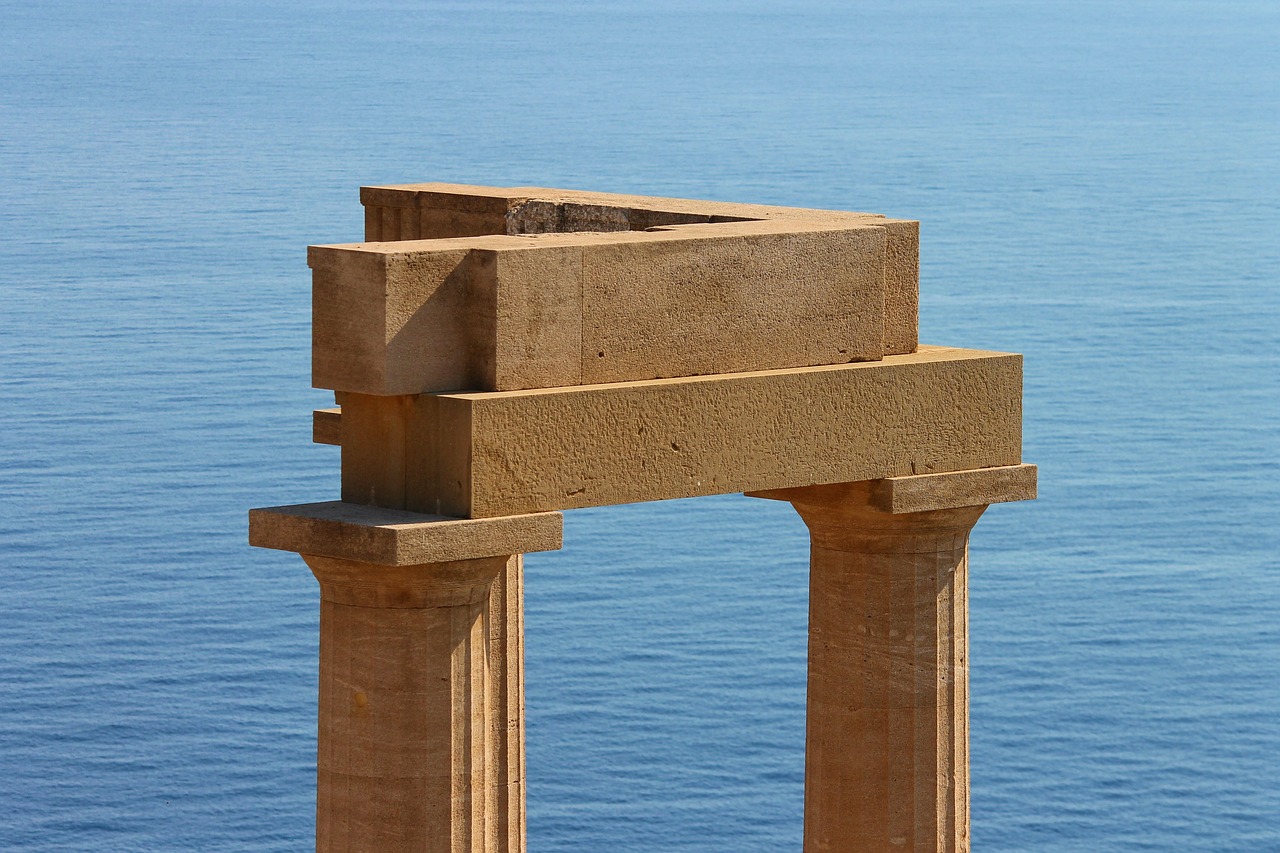
Legacy of Greek Religion in Modern Society
Exploring the impact of ancient Greek religious beliefs and practices on the development of Western civilization, shaping art, philosophy, governance, and societal values that continue to resonate in contemporary society.
The legacy of ancient Greek religion reverberates through modern society in various aspects, demonstrating the enduring influence of the ancient Greeks on Western civilization. From literature to art, philosophy to politics, the remnants of Greek religious beliefs are deeply embedded in our cultural fabric.
One prominent area where the legacy of Greek religion is evident is in literature. Many contemporary authors draw inspiration from Greek myths and legends, weaving them into modern storytelling. The timeless themes of love, betrayal, heroism, and tragedy found in Greek mythology continue to captivate audiences worldwide.
Furthermore, the impact of Greek religion can be seen in the realm of philosophy. The philosophical inquiries of ancient Greek thinkers laid the foundation for Western philosophical thought, influencing concepts of ethics, metaphysics, and the nature of reality. The legacy of philosophers like Socrates, Plato, and Aristotle continues to shape intellectual discourse and ethical debates in the modern world.
In the arts, the influence of Greek religion is unmistakable. Architectural elements inspired by ancient Greek temples adorn modern buildings, and sculptures depicting mythological figures grace museums and public spaces. The aesthetic ideals of harmony, balance, and beauty championed by the ancient Greeks still resonate in contemporary art and design.
Moreover, the democratic principles and governance structures of ancient Greece have left an indelible mark on modern political systems. The concept of citizen participation, rule of law, and the separation of powers can be traced back to the democratic experiments of ancient Greek city-states like Athens. The legacy of Greek political thought continues to shape democratic ideals and practices around the world.
While modern society has evolved significantly since the time of ancient Greece, the legacy of Greek religion endures as a testament to the enduring impact of the ancient Greeks on Western civilization. By acknowledging and embracing this legacy, we continue to enrich our cultural heritage and deepen our understanding of the foundations upon which our modern world is built.
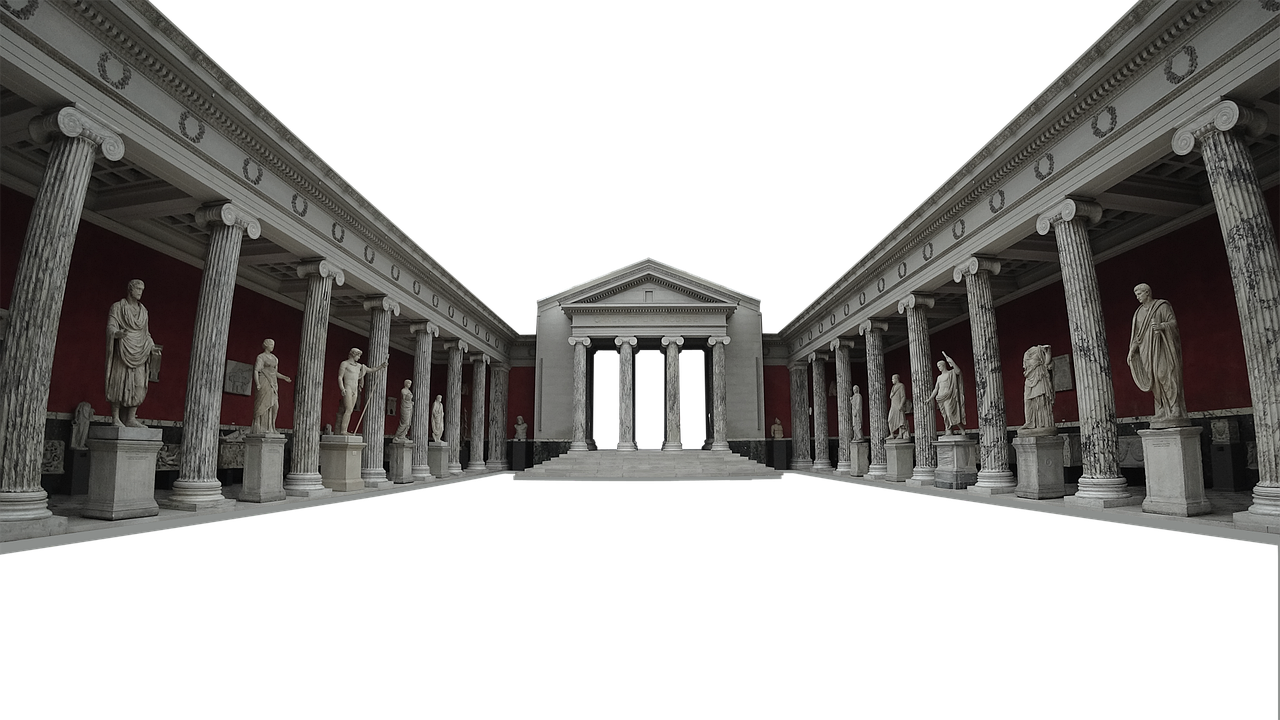
Comparative Analysis of Greek Religion and Modern Beliefs
When comparing ancient Greek religion with modern beliefs, it becomes evident that both share fundamental principles while also showcasing distinct differences. Ancient Greek religion was polytheistic, with a pantheon of gods and goddesses governing various aspects of life. In contrast, modern beliefs in Western civilization are predominantly monotheistic, centered around a single deity. However, similarities can be found in the emphasis on morality, ethics, and the afterlife in both belief systems.
Ancient Greek religion placed a strong emphasis on the relationship between humans and the divine, with rituals and sacrifices serving as a means of communication with the gods. In modern beliefs, prayer and worship fulfill a similar function, providing a channel for believers to connect with their deity. Despite the shift from polytheism to monotheism, the core desire for spiritual connection and guidance remains a common thread.
One notable difference lies in the concept of the afterlife. In ancient Greek religion, the afterlife was depicted as a realm where souls journeyed after death, with varying fates based on one's actions in life. Modern beliefs often center around the notion of heaven and hell, where individuals are rewarded or punished based on their faith and deeds. This divergence in afterlife beliefs reflects the evolving understanding of morality and justice in Western society.
Furthermore, the role of organized religion has evolved significantly from ancient Greece to modern times. In ancient Greece, religious practices were deeply intertwined with societal norms and governance, influencing political decisions and social structures. In contrast, modern beliefs have seen a separation of church and state, with a greater emphasis on individual faith and personal spirituality.
Despite these differences, the enduring legacy of ancient Greek religion can be seen in the continued exploration of philosophical questions surrounding the nature of existence, morality, and the divine. The influence of Greek mythology and philosophical thought continues to shape art, literature, and cultural discourse in modern society, highlighting the enduring impact of ancient beliefs on Western civilization.
Frequently Asked Questions
- What were the main beliefs of ancient Greek religion?
Ancient Greek religion was polytheistic, meaning it involved the worship of multiple gods and goddesses who were believed to control various aspects of life. These deities resided on Mount Olympus and were thought to intervene in human affairs.
- How did ancient Greek religious practices influence art and architecture?
Ancient Greek religious beliefs played a significant role in inspiring the creation of art and architecture. Temples dedicated to gods, sculptures depicting mythological figures, and pottery decorated with religious scenes are some examples of how religion influenced artistic expression in ancient Greece.
- What was the significance of the Oracle of Delphi in ancient Greek society?
The Oracle of Delphi was a revered religious site where priestesses delivered prophecies believed to be inspired by the god Apollo. These prophecies influenced political decisions, personal choices, and the course of events in ancient Greece, making the Oracle a crucial aspect of religious and political life.
- How has the legacy of ancient Greek religion impacted modern society?
The legacy of ancient Greek religion can be seen in various aspects of modern society, including literature, art, philosophy, and even the language we use today. Greek myths and stories continue to inspire creativity and thought, highlighting the enduring influence of ancient Greek beliefs on Western civilization.



















